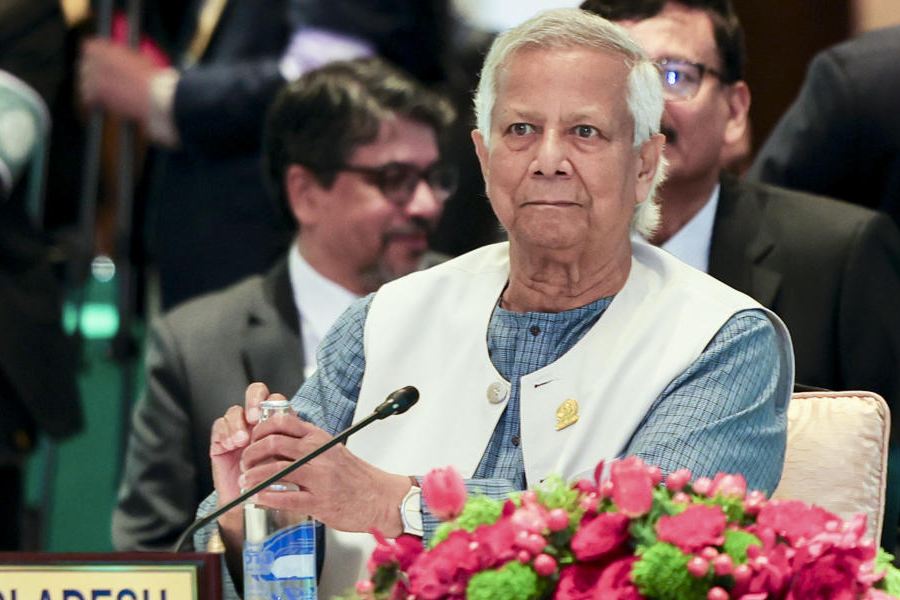India is unable to look after its children. Two children under five were dying every minute in 2015, and the clusters of baby deaths in hospitals are still quite striking in 2017. The foremost requirement to reduce the infant mortality rate is conscious will to eliminate preventable causes on the one hand, and to ensure, without fail, the good health of every pregnant mother and unborn child on the other. The will must come from society and from politicians together, and must be reflected in policy and its unremitting implementation. But in India, in spite of its arsenal of policies, laws and schemes, the value system is weighted against women. Low birth weight, neonatal infections, birth asphyxia or trauma - the commonest causes of infant mortality - are results of the lack of care for women. While deaths from diarrhoea, pneumonia, tetanus and measles really have lessened through effort, deaths from low birth weight are climbing. No vaccine can stop this, for the root of this lies in politics, economics and social attitudes.
Ahmedabad's famous Civil Hospital lost 18 babies in three days at the end of October, with nine of them dying within 24 hours. On an average, five to six babies die there every day. The special neonatal care unit in Nashik civil hospital recorded 55 deaths of newborns in August and in Uttar Pradesh's Baba Raghav Das Medical College and Hospital in Gorakhpur 433 babies died in September. While encephalitis is often made the villain there - what has been done about its spread? - it is not the only cause. More than 60 children died there between August 7 and 11, apparently because of an interrupted supply of oxygen - the bill having been left unpaid for months - and another 42 died within the 48 hours after August 30. The UP government suspended or sacked medical staff and recruited new doctors, but incompetence may only be a peripheral cause. Neither is politicizing the issue helpful. The Bharatiya Janata Party may be ruling these states now, but the problems extend far into the past. While the sad state of India's public health system must be addressed, a searching and determined examination of root causes of baby deaths could be a real first step towards infants' survival.











